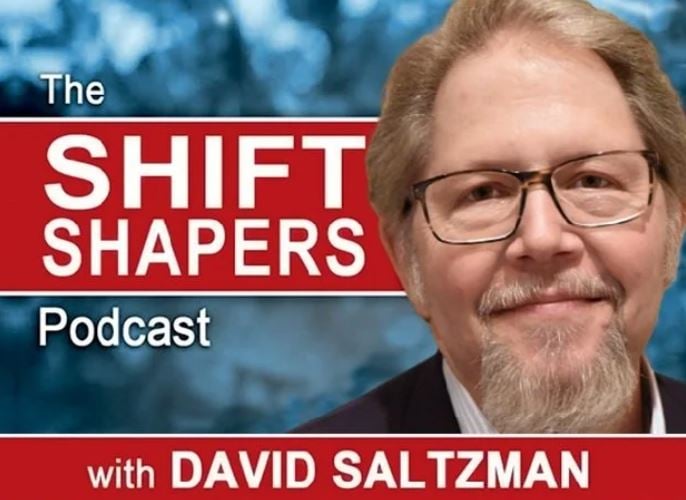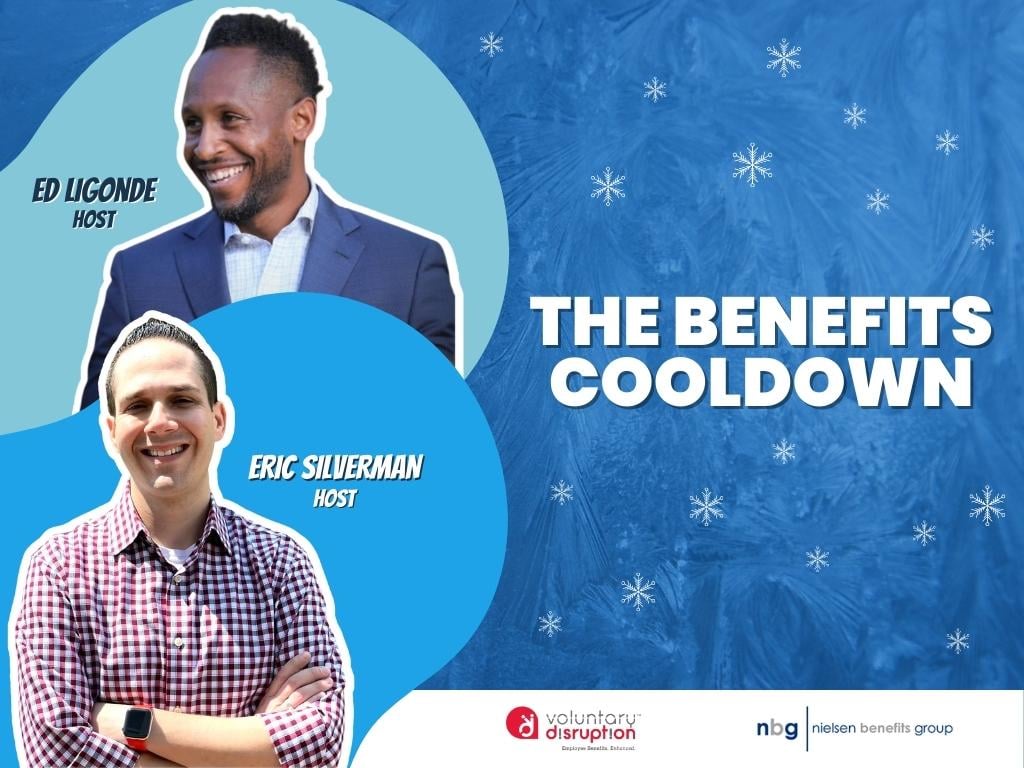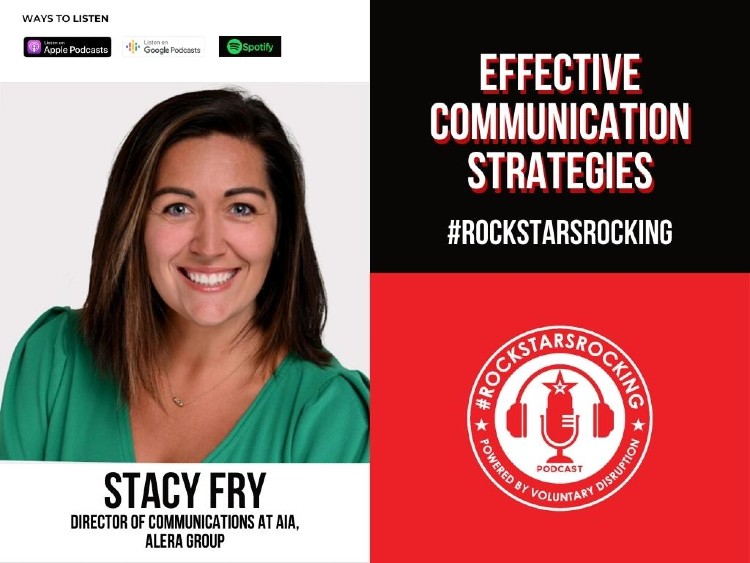- Benefits Broker
- Benefits Manager
- Retirement Advisor
- Awards
- Broker Expo
- FreeERISA
- Leads
- Career Center
- More
About The Author
Paul Wilson is the editor-in-chief of BenefitsPRO Magazine and BenefitsPRO.com. He has covered the insurance industry for more than a decade, including stints at Retirement Advisor Magazine and ProducersWeb.
March 23, 2023
March 20, 2023
March 17, 2023
March 16, 2023
March 13, 2023
Trending Stories
- 1Federal proposal would add anti-obesity drug coverage
- 2DOL releases 2024 Form 5500 for 401(k)s, informational copies now available
- 3Trump's Labor secretary pick led employer health plan data access bill, as House member
- 4Solving the ‘annuity puzzle’ in 401(k)s: Make lifetime income solutions more available
- 5Employers must do more for family caregivers









